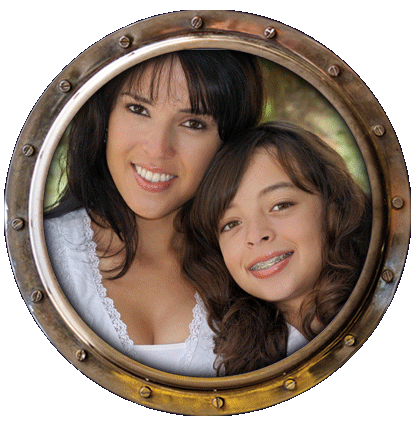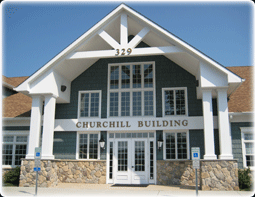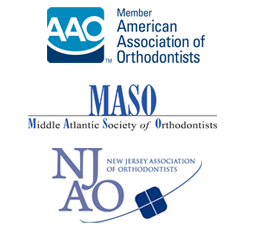Dental Update
Call Giegerich Orthodontics at 609.652.1900 or fill out our online Request an Appointment form to schedule a complimentary consultation with us.
Corrective Jaw Surgery
Dental and skeletal irregularities pose difficulty in chewing, swallowing and breathing, among others. They also bring about an unbalanced facial appearance, resulting in overbite or underbite, protruding jaw or receding chin and inability to completely close the lips or mouth. While most of these dental and skeletal irregularities are the result of a birth defect, some are caused by facial injuries. Accordingly, they cause chronic jaw pains and headache, as well.
To correct these dental and skeletal irregularities, oral and maxillofacial surgeons perform corrective jaw surgery. Also known as orthognathic surgery, these procedures are used to correct misalignment of the jaws and teeth.
While orthodontists can correct crooked teeth problems, only oral surgeons can perform these procedure. However, orthodontic treatment may be required before undergoing corrective jaw surgery. Dental problems such as impacted wisdom teeth or cavities need to be addressed beforehand.
There are three types of corrective jaw surgeries:
- Maxillary Osteotomy: This procedure generally addresses upper jaw problems such as receding upper jaw and crossbite. Here, the surgeon makes an incision between the eye sockets and teeth to align both upper and lower teeth.
- Mandibular Osteotomy: This surgical approach corrects problems relating to the lower jaw. This procedure may also involve incisions behind the molars and down to the jawbone to reposition the lower jaw and correct the misalignment.
- Chin Surgery: Some people have deficient chin due to serious receding of their lower jaw. To correct this deficiency, surgeons will perform a procedure known as genioplasty to alter the structure of both the chin and jaw.
- 2013-03-21
- 2013-04-21
- 2013-05-21
- 2013-06-21
- 2013-07-21
- 2013-08-21
- 2013-09-21
- 2013-10-21
- 2013-11-21
- 2013-12-21
- 2014-01-21
- 2014-02-21
- 2014-03-21
- 2014-04-21
- 2014-05-21
- 2014-06-21
- 2014-07-21
- 2014-08-21
- 2014-09-21
- 2014-10-21
- 2014-11-21
- 2014-12-21
- 2015-01-21
- 2015-02-21
- 2015-03-21
- 2015-04-21
- 2015-05-21
- 2015-06-21
- 2015-07-21
- 2015-08-21
- 2015-09-21
- 2015-10-21
- 2015-11-21
- 2015-12-21
- 2016-01-21
- 2016-02-21
- 2016-03-21
- 2016-04-21
- 2016-05-21
- 2016-06-21
- 2016-07-21
- 2016-08-21
- 2016-09-21
- 2016-10-21
- 2016-11-21
- 2016-12-21
- 2017-01-21
- 2017-02-21
- 2017-03-21
- 2017-04-21
- 2017-05-21
- 2017-06-21
- 2017-07-21
- 2017-08-21
- 2017-09-21
- 2017-10-21

















